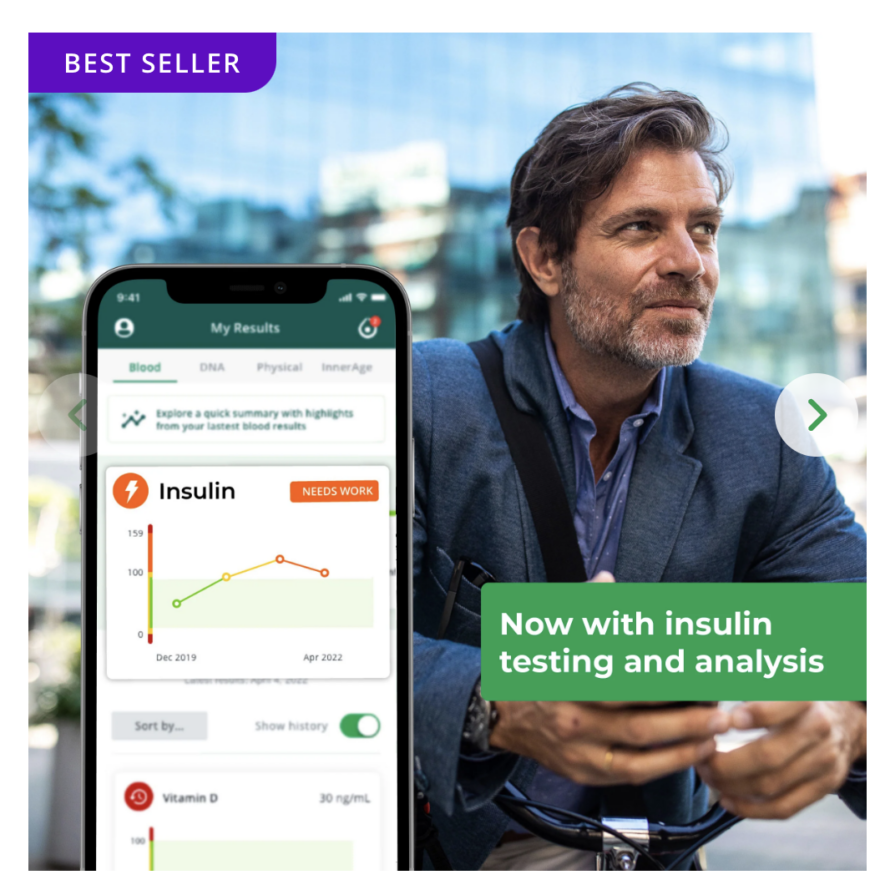


I feel like the concept of hormone health has become a bit of a trendy topic recently. Most of us know that hormone health is important, but do we really know why? And do we really understand how our hormones even work? It took me years to understand hormone health.
And as a women who is nearing 40 and also happens to be pregnant with her second baby, hormone health is a really important topic to me. And, it has been for a while. Even before we started our pregnancy journey and then subsequent fertility treatments after discovering I had premature ovarian failure, I blogged about how running impacts your hormones and fertility.
Today I wanted to help break down the role of hormones in women’s lives, how our cycles work, and why hormones matter as we age. Let’s do this!
Hormones play a crucial role in our overall well-being throughout our lives. As we age, the significance of hormones becomes even more important due to the following reasons:
Estrogen plays a key role in maintaining bone density. As estrogen levels decrease postmenopause, the risk of osteoporosis and fractures rises. Adequate calcium intake, vitamin D, and regular exercise become essential to maintain bone health.
Estrogen has a protective effect on the cardiovascular system by promoting healthy blood vessels and influencing cholesterol levels. After menopause, the risk of heart disease increases, which emphasizes the already important need for a heart-healthy lifestyle.
Hormones impact mood regulation. The hormonal fluctuations during perimenopause and menopause can contribute to mood swings, anxiety, and depression. Connecting with friends, engaging in stress-reduction techniques, and seeking professional support as needed are crucial during these phases.
Estrogen contributes to skin elasticity and hydration. As its levels decline, the skin may become drier and more prone to wrinkles. Skincare routines that prioritize hydration and protection from the sun become increasingly important. (This is my anti-aging skincare routine.)
Hormones are the body’s messengers, coordinating our body’s processes to help maintain equilibrium or balance inside our bodies. As you know, hormones are what regulate our menstrual cycles, and they are also responsible for supporting reproduction, impacting our moods, influencing bone health, and even affecting our skin’s appearance.
Let’s break down how our hormones work over the course of our life:
During the reproductive years, hormones called estrogen and progesterone regulate your menstrual cycle and support pregnancy. These hormones influence the physical functions of our menstrual cycle and reproductivity, but they can also be responsible for mood swings, irritability, and other emotional changes.
Then, as we approach our late 30s to early 40s, our body prepares for a significant transition known as perimenopause. During this phase, hormone production becomes less predictable, leading to irregular menstrual cycles and fluctuations in estrogen and progesterone levels. These changes can result in various symptoms, including hot flashes, night sweats, sleep disturbances, and mood imbalances.
Menopause marks a woman’s final menstrual period and the end of her reproductive years. The ovaries gradually produce less estrogen and progesterone, leading to a range of physical and emotional changes. Symptoms can vary widely but often include vaginal dryness, decreased bone density, weight gain, and changes in skin elasticity, just to name a few.
After menopause, hormone levels stabilize at lower levels, and the body adapts to this new norm called postmenopause. This can be a good thing since raging hormones can bring their own host of problems, but it’s also important to pay attention to health risks like osteoporosis and heart disease as your hormone levels stabilize at that lower level.
Hormone balance is your body’s ability to maintain healthy rhythms and changes in your hormone levels. The balance between your hormone levels actually reflects your life stage and your body’s response to physical and emotional stress (which we all know impacts your sleep and energy).
If you’ve followed me on social media or read my blog for a while, you know that one of my favorite partners is InsideTracker. In short, InsideTracker is a biometric testing service that analyzes your bloodwork and provides tangible recommendations for optimizing your biomarkers. You can read my full review of InsideTracker here.
I’ve used and loved it for YEARS, but they recently expanded some of their insights as they relate to menstrual cycles, birth control methods, hormone replacement therapy, and menopausal status.
They now offer 3 more biomarkers to help eliminate guesswork for women’s health:
These three biomarkers are critical to measure because at their optimal levels, they are associated with better health and lower risks of age-related diseases. And having an idea of what your hormone health looks like can be the difference in catching something worrisome before it’s too late.
Estradiol is a potent form of the female sex hormone, estrogen.
Progesterone is a steroid hormone vital to women’s reproductive health.
Thyroid-stimulating hormone (TSH) is the most sensitive marker of thyroid function, making it the
biomarker to measure to assess thyroid function. And women have an increased risk of suboptimal thyroid function as we age.
In many instances, it’s fine to do your blood draw at any point in your menstrual cycle, as long as you try to be consistent across each test. For example, let’s say you test on day 7 of your cycle. Try to test on day 7 of your cycle for subsequent blood draws. However, there are two caveats to this:
Here are the two plans I’d choose between if you’re focused on hormone markers:
The Ultimate Plan is what I’ve always used. It’s the priciest but also the most comprehensive. It tests 48 biomarkers including the three hormone markers above. You’ll also get personalized optimal biomarker zones and an action plan with nutrition, exercise, supplement, and lifestyle recommendations based on your results.
The Blood Results plan is much more affordable, but it does NOT include your blood draw, so if you were to get a panel of bloodwork done at a visit to the doctor, this would be the plan for you. You can have that bloodwork uploaded to InsideTracker, which will then give you an analysis of your existing blood test results (up to 30 data uploads per year), personalized optimal biomarker zone, and an action plan with nutrition, exercise, supplement, and lifestyle recommendations.
If hormone health is not your concern, you may want to try InnerAge 2.0 as a more affordable option. It includes a blood test and analysis of 13 biomarkers for women and 17 biomarkers for men.
The GREAT news is that you can get 20% off whatever plan you choose with the code TERILYN.
Your hormones matter. They influence not only bodily functions but also your emotions, mental well-being and overall quality of life. And as we age, hormonal changes can lead to various challenges. But with awareness and proactive steps (like InsideTracker testing), these challenges can be navigated.
Prioritizing a healthy lifestyle, staying attuned to our bodies, and seeking professional guidance when needed can all contribute to a smoother journey through the various stages of aging. I’m thankful for InsideTracker and all of the insights it’s given me into my health over the last 4-5 years. If you want to read about my experiences with InsideTracker testing overall (not just as it relates to hormone health), read my full review.
This post was sponsored by InsideTracker – thank you for being such a great partner, InsideTracker! All opinions are my own and I truly love their service and have convinced almost all of my family members to use it!


Notifications
Leave a Comment